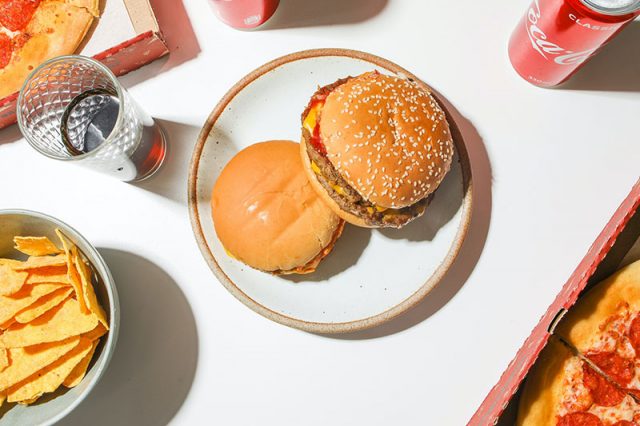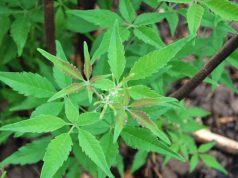A kidney doctor debunked the prevailing misconception that merely eating salty foods directly leads to developing infections in the body.
Carlo Trinidad, also known as “kidney doctor” on social media, said that there are no studies that suggest the direct relationship between a high-salt diet and a urinary tract infection (UTI).
Trinidad expressed this in reaction to a profanity-laden comment from a Facebook user who left it under his post.
The online user called the physician names and insisted on his view that eating salty foods supposedly produce “crystals” that can injure the area where urine flows, thus supposedly causing an infection.
We make a lot of enemies when we try to address the rampant health misinformation in social media. For context, I posted that merely eating salty food DOES NOT CAUSE UTI. There are no studies showing a direct causation of high salt diet and UTI. Still, please do control your salt pic.twitter.com/UMKWLMHZG6
— Carlo Trinidad (@hellokidneyMD) September 4, 2022
Trinidad expressed his dismay that the online user’s view is still widely held by the public online.
“We make a lot of enemies when we try to address the rampant health misinformation in social media,” the doctor said.
“For context, I posted that merely eating salty food DOES NOT CAUSE UTI. There are no studies showing direct causation of a high salt diet and UTIs. Still, please do control your salt,” he added.
Trinidad was talking about his Facebook post where he fact-checked the misleading claim on UTIs.
“Madalas marinig ang payo na ‘umiwas sa mga maaalat na pagkain at mga chichirya para hindi ka magka-UTI.’ Madalas isisi sa mga SALTY at JUNK FOOD ang pagkakaroon ng UTI o URINARY TRACT INFECTION ng isang tao. Pero totoo nga ba ito?” Trinidad said.
“Sagot: Hindi nakaka-UTI ang pagkain ng mga maaalat na pagkain,” he added.
Trinidad explained that there are no studies that directly link salty foods with UTIs.
“Sa mga pag-aaral, ay walang nakitang koneksyon sa pagitan ng kung ano ang iyong kinakain at ang pagkakaroon ng uti. hindi risk factor ang high salt diet sa pagkakaroon ng UTI,” he said.
As the name suggests, UTI is an infection caused by bacteria that entered the urinary tract.
“Dahil ang UTI ay dulot ng BACTERIA na pumapasok sa daluyan ng ihi galing sa labas, walang epekto ang pagkain ng maalat sa pagkakaroon ng UTI,” Trinidad said.
“Ibig sabihin, kahit pa hindi ka kumakain ng maalat ay pwede ka pa ring magkaroon ng UTI,” he added.
While salty foods do not directly cause such an infection, they are risk factors for hypertension and high blood.
“Ang laging pagkain ng maaalat ay RISK FACTOR sa pagkakaroon ng HYPERTENSION o HIGH BLOOD, kaya dapat pa ring umiwas sa mga maaalat na pagkain,” the physician said.
The United States Centers for Disease Control and Infections also do not list salty and unhealthy foods as among the risk factors for UTIs.
The US CDC defined UTIs as “common infections that happen when bacteria, often from the skin or rectum, enter the urethra and infect the urinary tract.”
There are different types of UTIs such as bladder infections and kidney infections.
Risk factors, meanwhile, include the following:
- Changes in the bacteria that live inside the vagina, or vaginal flora. For example, menopause or the use of spermicides can cause these bacterial changes.
- Pregnancy
- Age (older adults and young children are more likely to get UTIs)
- Structural problems in the urinary tract, such as enlarged prostate
- Poor hygiene, for example, in children who are potty-training









